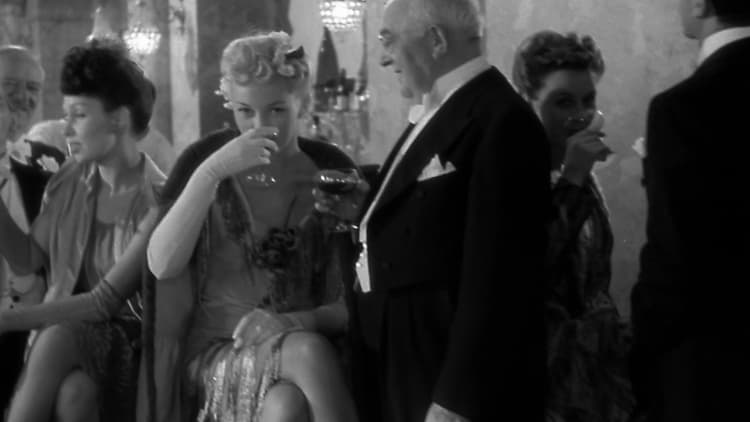If you're hard on yourself about how you come off in social situations, especially when it comes to making first impressions, you're not alone. But there's good news. A recent study published in the Association for Psychological Science suggests that the people you meet probably like you more than you think.
"Our research suggests that accurately estimating how much a new conversation partner likes us — even though this a fundamental part of social life and something we have ample practice with — is a much more difficult task than we imagine," say co-authors Erica Boothby, a postdoctoral researcher at Cornell University, and Gus Cooney, a social psychologist at Harvard University.
In the first of a series of experiments, the researchers provided pairs of students with ice-breakers for five-minute conversations. The students then independently answered questions about how much they liked their conversation partner and how much they thought their conversation partner liked them.
It turns out the students consistently underestimated how well-liked they were, a phenomenon the researchers call the "liking gap." The shyer someone was, the more they sold themselves short.
They found further evidence in real-world settings and over long periods of time. Freshman at Yale underestimated how much other residents of their dorms liked them for months throughout the school year. The gaps only disappeared by the end of the second semester.
How can this gap be explained? It may stem in part from the fact that people tend to hold themselves to high standards. The researchers posit that when you're critical of yourself, you can project that criticism onto others.
"We're self-protectively pessimistic and do not want to assume the other likes us before we find out if that's really true," says a third co-author, Yale University psychology professor Margaret S. Clark.
This instinct could benefit you in some ways. As the researchers note, "People's harsh inner critic can be functional when it comes to self-improvement." For instance, if you tell a joke and sense that your audience has lost interest by the time you get to the punchline, the next time you tell it you might hasten the delivery and get a few more laughs.
But if self-doubt inhibits you from socializing, you may want to remind yourself that other people are not likely to be as hard on yourself as you are. That could give you the confidence you need to do some networking. After all, "conversations have the power," the authors write, "to turn strangers into friends, coffee dates into marriages, and interviews into jobs."
Don't miss: Most people can tell if you're rich just by looking at your face
Like this story? Subscribe to CNBC Make It on YouTube!



